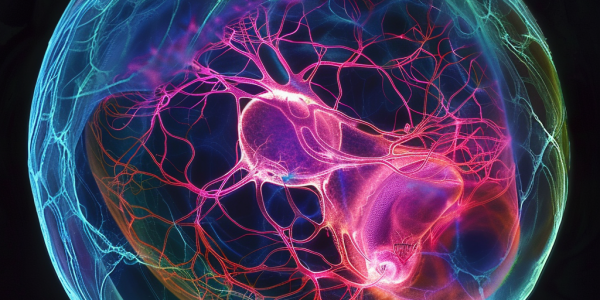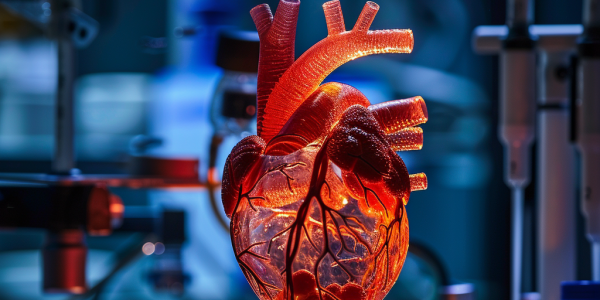Researchers Use Quail Eggs to Study Embryonic Development and Birth Defects
Researchers at The University of Queensland have made a groundbreaking discovery in embryonic development, using quail eggs to study tissue formation in real-time. Their findings, published in the Journal of Cell Biology, shed light on congenital birth defects affecting Australian infants. By visualizing early developmental processes with fluorescent proteins, the team uncovered how cells interact and form crucial structures like the heart and spinal cord. This research aims to identify key proteins for preventing birth defects.
Revolutionizing Cardiac Research with Miniature Human Hearts
Organoids, miniature human hearts, are transforming the study of pregnancy complications and birth defects. Researchers are using these tiny hearts to explore human heart development and seek solutions for congenital heart diseases. By mimicking the structure and function of the human heart, organoids offer new possibilities for understanding heart formation and advancing treatments for congenital heart defects.


